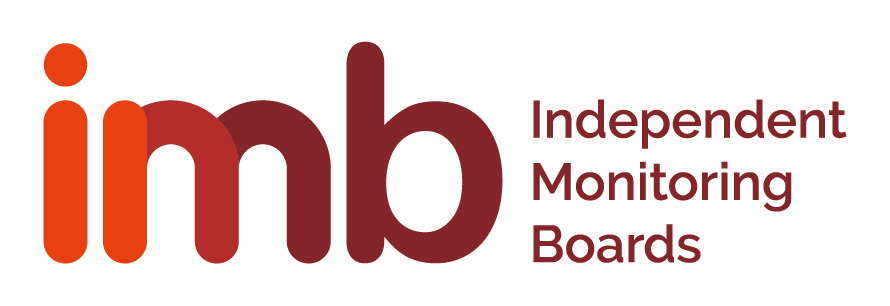Although I have a full-time job as an area manager for a wholesale food company, I’m also on the Independent Monitoring Board (IMB) at a women’s prison, the HMP Foston Hall. That makes me one of a group of people in the local community who go behind prison walls to monitor how prisoners are being treated and whether they are being given the support needed to change their lives. I am a firm believer that how we treat prisoners reflects the values we hold as a society. Furthermore, once released back into the community, their experience in prison will affect not just them but all of us.
Our Board, like all IMBs, is composed of a diverse group of people with differing life and work experience: that’s what makes us strong.
My visit starts when I show my ID at the prison gate and draw keys, giving me unrestricted access to all parts of the prison. A prison is like a small town: it has to provide everything that prisoners need, so the IMB has to monitor everything that happens there. Before going onto the wings, my first stop is to review what has been happening in the prison over the last 24 hours.
I then head out, starting my visit on the segregation unit, where the women with more complex needs are being held in solitary confinement. My role here is to understand why they have been segregated and check on how they are being treated by staff. Many will have mental health issues and need specialist help; some should be transferred to a secure hospital.
I will then move onto the prison wings to gain a sense of what life is like there and interact with both prisoners and staff. We are a visible presence which ensures that everyone is aware that life inside the prison is being monitored by someone from the community. People often ask me if I feel unsafe among people in prison, but I’ve always found prisoners easy to engage with; they understand we’re there to support them and our presence can be reassuring.

Alex Wilson
When talking to the women, I try to have meaningful conversations so that I can gain an understanding of their experiences. Many can be vulnerable or at risk of suicide and self-harm, so it’s important that I check whether staff are engaging with them too. I also ensure that I speak to pregnant women to establish whether the care they are receiving is the same as they would expect in the community.
The physical conditions on the wings are also important. Are the showers mouldy? Do the washing machines work? Are the cells warm and dry enough? Through talking to both officers and prisoners, I am able to check whether what I am being told is consistent with what I see and hear. Other IMB members will also be checking on the education and training provision that helps the women gain skills and will potentially lead to employment on release, as well as the available healthcare support.
Finally, I return to the IMB office in the prison to record what I’ve learnt from staff, prisoners and my own observations. This is shared with all my colleagues on the Board and the prison Governor, whom we meet monthly at our Board meetings to discuss emerging themes we’ve picked up on.
It is generally during the drive home that I find myself reflecting on everything I’ve seen and heard that day in a place that’s out of sight but shouldn’t be out of mind. I am clear that being an IMB member is a privileged position which leaves me with a real sense of achievement; if you want to make a difference in the lives of others, apply now to join an IMB at a prison near you. Visit www.imb.org.uk/join-now to find out more.
